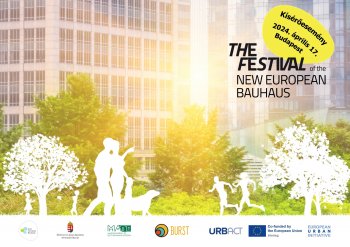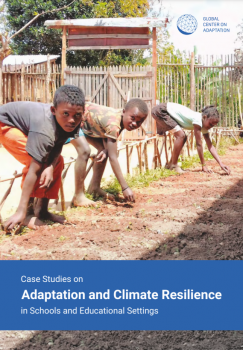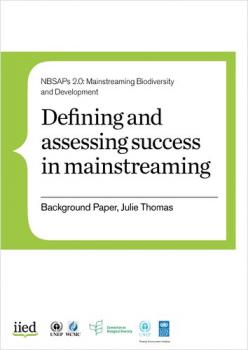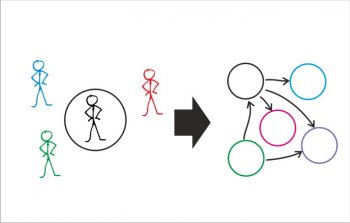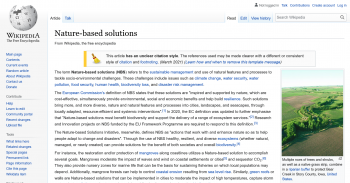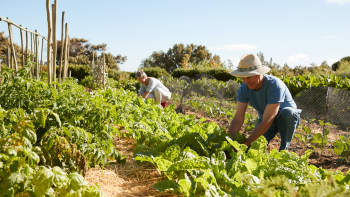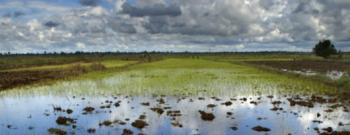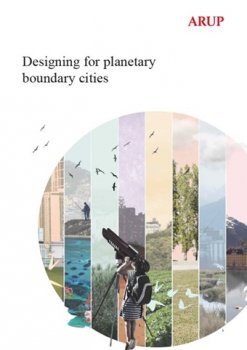Marketplace
- Training
Mapping to support REDD+ planning and secure multiple benefits: toolbox and tutorials for QGIS and ArcGIS
GIS training materials and tools have been developed for use in planning REDD+ activities that deliver multiple benefits. These resources are designed to assist technical staff to undertake spatial analysis to identify areas suitable for specific REDD+ policies and measures, and which are likely to
ÁLTALÁNOS: Ember- és természetközpontú településfejlesztés - URBACT Konferencia és Workshop
2024. április 17-én került sor az Építési és Közlekedési Minisztérium, a Magyar Agrár- és Élettudományi Egyetem, valamint a TeAM HUb-ot alapító és koordináló BURST Nonprofit Kft. társzervezésében az Új Európai Bauhaus Fesztivál magyarországi kísérőrendezvényére Budapesten. A rendezvényen kiemelt
Conexus Life-Lab factsheet series- Valdocco Vivibile: a livable district
The Torino Urban Lab coordinates the Valdocco Vivibile pilot in collaboration with the City of Torino to promote the development of climate-resilient neighborhoods through small-scale and diffused green infrastructure solutions. The pilot has three main pillars: high replicability; multifunctional
Case Studies on Adaptation and Climate Resilience in Schools and Educational Settings
Educational institutions can play an instrumental role in local level climate adaptation and resilience building. They create spaces for peer learning, innovative ideas, community awareness, and implement practical solutions. Sharing knowledge, best practices and concrete experiences on how to
Ecosystem types of Europe
The dataset combines the Corine based MAES ecosystem classes with the non-spatial EUNIS habitat classification for a better biological characterization of ecosystems across Europe. As such it represents probabilities of EUNIS habitat presence for each MAES ecosystem type.
Defining and assessing success in mainstreaming
This background paper draws on reviews of the mainstreaming targets and indicators of selected NBSAPs from countries at different stages of their mainstreaming process, and the approaches to assessing the success of mainstreaming biodiversity and other issues into development. Recommendations are
- Document
Good practices in Do.Na.To Project communication and technical formation
Effective communication was key in managing Douglas fir forests in Tuscany, with various project partners sharing insights through various platforms and organizing tours and conferences to promote knowledge exchange.
4C Transitions
Methodology for planning and realising inclusive local transition activities.
EU level ecosystem services mapping toolbox
This dataset contains maps of supply and demand of a few ecosystem services, and GIS tools to make such maps. The tools are targeted at EU level and provide a broad picture of ES supply and demand. Tools are moderate complexity methods for mapping, that upscale findings from detailed process based
Social media listening
Extensive methods of socio cultural valuation. Just taking profit of the fact that people explain a lot what do they like and do on social networks. Hashtags and geotags from Instagram, Twitter, and Facebbok can be great location based sources of information! Text analysis software can help to
Identifying and analyzing stakeholders of ecosystem services
A short presentation showing an overview of the way stakeholders where identified and weighted at the urban hybrid dune exemplar in Barcelona, forming part of the OPERAs project.
Website - Wikipedia: Nature-based solutions
The Wikipedia entry page for nature-based solutions, that covers basic information on the concept ranging from its origins to present day discourse.
Delivering green infrastructure along linear assets. Scoping study-phase 1 (Executive Summary)
Delivering green infrastructure (GI) can provide multiple benefits that enhance the performance, efficiency and resilience of linear infrastructure assets and can reduce whole-life costs along transport, energy and water networks. C771 identifies good practice to support the integration of GI into
Nature-based solutions for creating circular cities Course
This course provides knowledge on how to create such cities by using nature-based solutions (nbs). It comprises knowledge on resources flows and management of these flows in cities, appropriate nature- based solutions for managing resources, implementation aspects and number of worked examples to
Presentation on Expanding Sustainable Agriculture
This powerpoint slide provides a case study on a successful example of nature-based solution applied in the agriculture sector: Agroforestry to make the agricultural systems in Montpellier more resilient to the effects of climate change. The agroforestry scheme was implemented under the SAFE
Natural Value Initiative
The Natural Value Initiative (NVI) is Fauna & Flora International's (FFI) platform to engage financial institutions around natural capital by developing tools and methodologies that demonstrate the materiality of nature capital and enables mainstreaming thereof into financial decision-
Using ecosystem services to measure the degree to which a solution is nature-based
There has been a recent surge of interest in Nature-based Solutions, a concept encompassing a broad suite of ideas that have arisen from the intersection of ecology, engineering, sociology and economics. Solutions founded in nature are promised to resolve many issues resulting from global change,
Designing for planetary boundary cities
The planetary boundaries signify the Earth’s capacity to tolerate change and set out the science-based limits that must not be surpassed if the Earth is to remain hospitable for future generations. This timely report explores how we can design the built environment within the ‘safety rails’
ÁLTALÁNOS: Természetalapú Megoldások: Lehetőség a változtatásra - esély a változásra
Az információs füzet közérthetően mutatja be a TAM fogalmát, a kapcsolódó elméleti és szakpolitikai hátteret, emellett jó példákon, bevált gyakorlatokon keresztül inspirációt is nyújt a TAM alkalmazásához. A kiadványt a Külgazdasági és Külügyminisztérium megbízásából az Interreg V-A Románia-
The Ecoregions of Italy
In Italy, ecoregion classification, based on detailed scientific data, represents a framework that is used to effectively address national strategies for sustainability and harmonise landscape planning according to European policies (Habitats Directive; European Landscape Convention; Pan-European
- ‹ previous
- 40 of 45
- next ›

